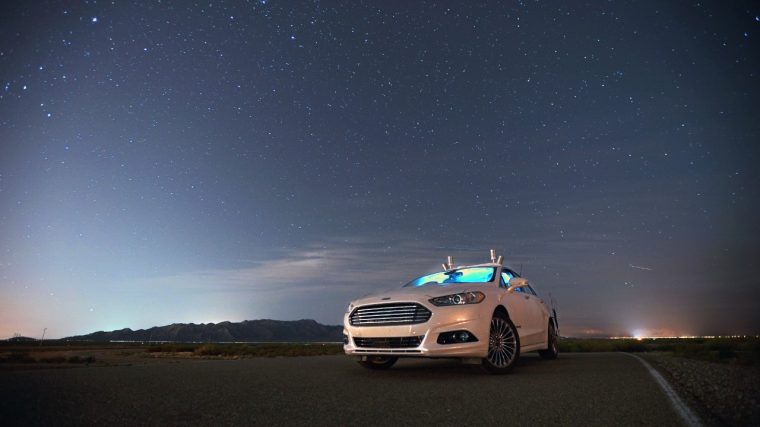Bloomberg Philanthropies and Aspen Institute Launch Self-Driving Car Initiative
Two days ago, Bloomberg Philanthropies and the Aspen Institute announced a new program for mayors in leading cities across the globe, to allow them to work together to prepare their prospective cities for the coming of autonomous vehicles. More specifically, Bloomberg Philanthropies and Aspen Institute will bring experts and data to the mayors to help accelerate the cities’ planning efforts, while also trying to create a set of principles and tools that other cities can use to follow their example.
The Initiative started with five cities: Austin, Texas; Buenos Aires, Argentina; Los Angeles, California; Paris, France; and Nashville, Tennessee. The Initiative will announce five more cities later this year, using the Aspen Institute’s history of convening leading policy makers and Bloomberg Philanthropies’ connections in more than 400 cities around the globe.
“This partnership between the Aspen Institute’s Center for Urban Innovation and Bloomberg Philanthropies is a wonderful opportunity for mayors, technologists, policy experts, and thought leaders to apply technology to make cities safer, healthier, and better connected,” said Walter Isaacson, president and CEO of the Aspen Institute. “The real innovation potential here is not just for new kinds of cars, but new kinds of communities.”
The collaboration is expected to create change in various sectors of urban life, including such fields as residential segregation: “Greater residential segregation is strongly associated with lower levels of upward economic mobility,” said Raj Chetty, Professor of Economics at Stanford University. “Driverless cars could potentially reduce segregation and improve upward mobility by connecting many low-income families to areas of opportunity. But this technology also has the potential to increase segregation by allowing higher income families to live in more distant suburbs. Ensuring that a shift to driverless cars increases opportunity and improves the lives of urban residents across the world will require carefully designed social and economic policies.”
News Source: Bloomberg Philanthropies

The News Wheel is a digital auto magazine providing readers with a fresh perspective on the latest car news. We’re located in the heart of America (Dayton, Ohio) and our goal is to deliver an entertaining and informative perspective on what’s trending in the automotive world. See more articles from The News Wheel.


